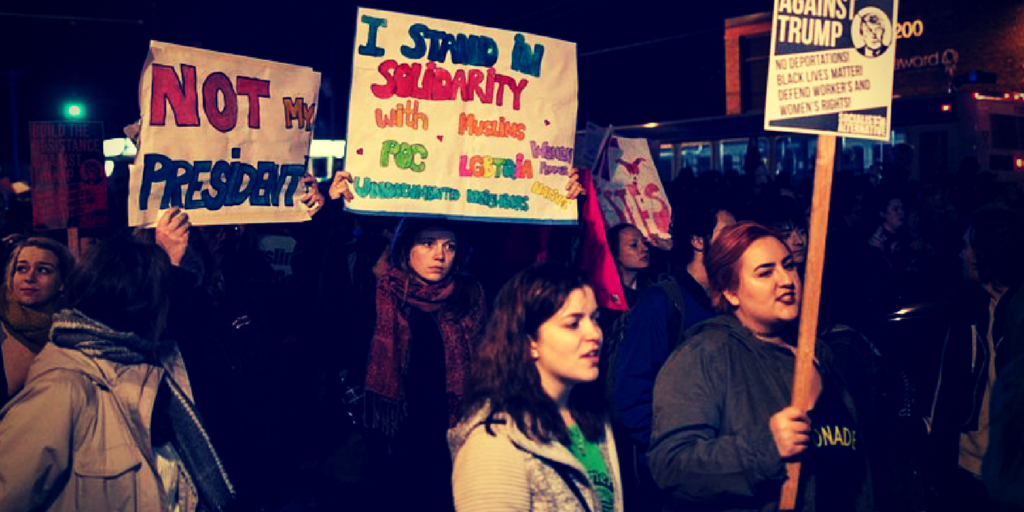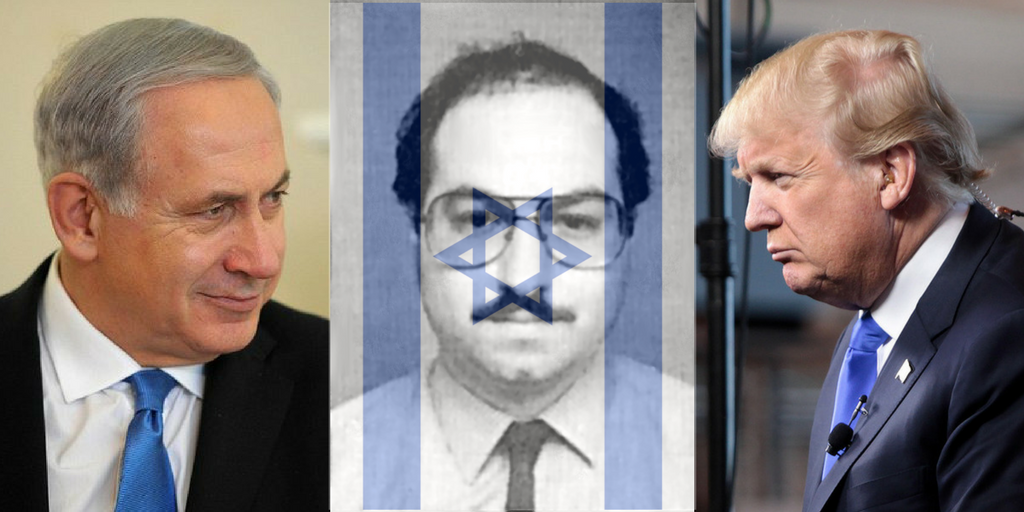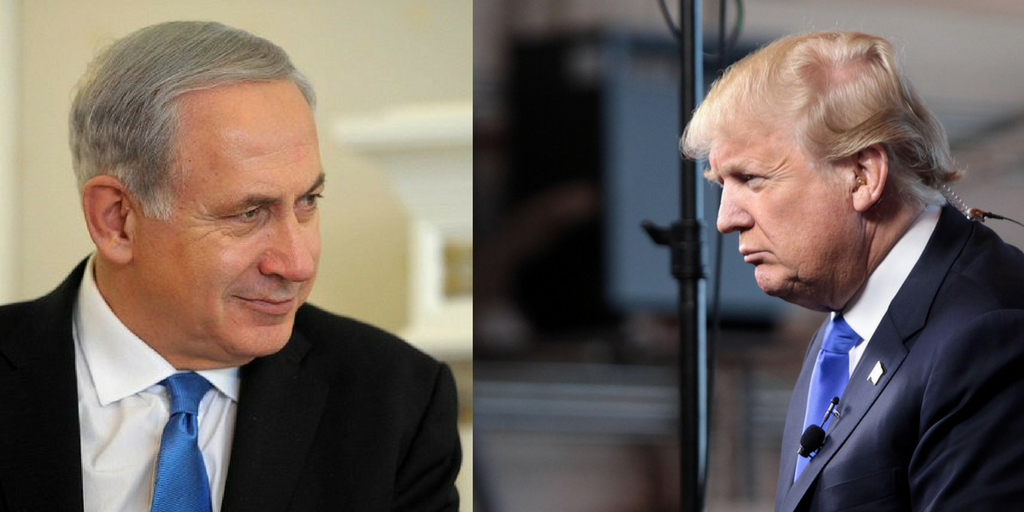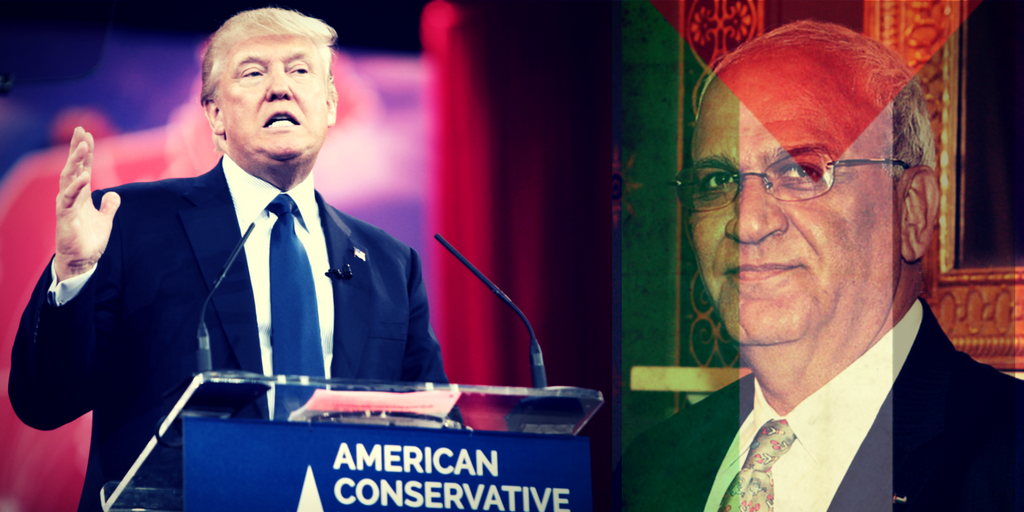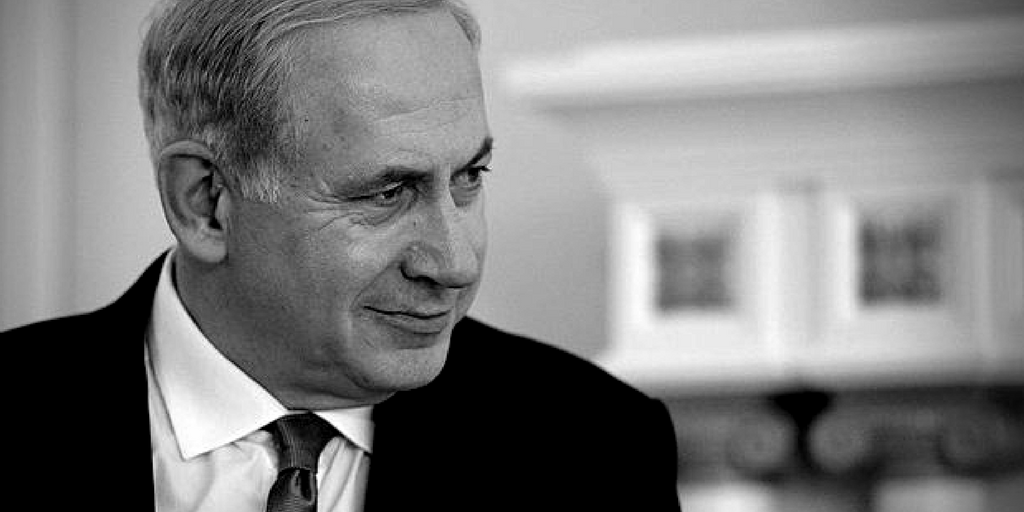The riots against Murray and Yiannopoulos are a familiar sight to the campus Jewish community.
An acrid stench of repression is spreading through America.
Last Thursday, conservative political scientist Charles Murray from the American Enterprise Institute was attacked by a leftist mob at Middlebury College.
Murry was invited to Middlebury by the college’s AEI club. He was to discuss his new book, Coming Apart, which discusses the plight of white working class Americans. Middlebury’s liberal political science professor Allison Stanger was set to ask him questions about his work.
As has been widely reported, a mob of leftist students prevented Murray from speaking. They shouted him down with a stream of epithets that went on without interruption, until Murray and Stanger were spirited out of the lecture hall.
They were brought to another location where they carried out their conversation in front of a camera that was livestreaming to students blocked by the mob from hearing them in person. The mob followed them to the new location and rioted outside the room as they spoke.
The rioters assaulted them as they made their way from the second location to their car. They hurt Stanger in the neck.
The assault continued after the professors entered their getaway car and at the restaurant where they tried to dine at with students.
In the end Murray and his companions were forced to leave town in order to have dinner away from the rioters. Stanger was later treated for her wounds at a local hospital.
The riot against Murray at Middlebury occurred barely a month after right-wing provocateur Milo Yiannopoulis was blocked from speaking at the University of California at Berkeley by a similarly violent mob. The Berkeley rioters caused more than $100,000 in property damage. They beat up students who came to hear Yiannopoulis speak.
The riots against Murray and Yiannopoulis both received wide media coverage. The basic narrative of the stories regarding both is that the shouting down of speakers and mob assaults by leftist students and professors is a new phenomenon.
To Jewish ears, this storyline is deeply unsettling.
Jewish speakers and students have been subjected to identical, and often worse, campaigns of repressions for nearly 20 years at universities and colleges throughout the US.
What is new about the riots against Murray and Yiannopoulis is that they were shouted down despite the fact that they weren’t talking about Israel.
Since the PLO rejected statehood and peace with Israel in 2000 and launched a multipronged political and terrorist war against Israel instead, the climate on US campuses has become progressively worse for pro-Israel students, faculty and visiting speakers.
Perhaps the moment that signaled open season for Jews on campuses occurred on May 7, 2002, at San Francisco State University. That day, Muslim students and their leftist supporters launched a mini-pogrom against pro-Israel Jewish students.
As Laurie Zoloth, who served at the time as the director of SFSU’s Jewish Studies Department, and was present on the scene, wrote in a letter published shortly after the events, that day some 400 Jewish students participated in a pro-Israel, pro-peace rally on the campus’s central thoroughfare.
After the rally ended, several dozen Jewish students remained on hand to clean up the area. As they gathered up their posters, they were beset by an antisemitic mob.
“They screamed at us to ‘go back to Russia,’ and they screamed… ‘Get out or we’ll kill you,’ and ‘Hitler didn’t finish the job,’” Zoloth wrote.
When Zoloth asked the police at the scene to arrest the rioters, they refused, explaining they had been ordered to take no action. Arrests, they explained, “would cause a riot.”
After a week of silence, SFSU’s then-president Robert Corrigan posted a statement condemning the incident and referring it to the district attorney to assign to his hate crimes unit.
The pogrom at SFSU and the administration’s belated condemnation of the crime set in motion what became a pattern of ever-escalating violence and intimidation of pro-Israel voices on college campuses accompanied by half-hearted and short-lived denunciations of the assaults by campus authorities.
Today, the situation is even worse. If SFSU felt the need to condemn the Muslim students who called for their Jewish counterparts to be killed 15 years ago, today they stand openly with those calling for Jews to be killed against those who protest the calls.
In 2014, SFSU signed a memorandum of understanding with An-Najah University in Nablus. The MoU was organized by the leaders of the BDS campaign on campus and the General Union of Palestine Students on campus. An-Najah is a hotbed of terrorism in the PA. Its alumni include terrorism masters and terrorist murderers.
In 2013, then-president of the GUPS Mohammad Hammad posted a video of himself holding a machete and expressing his desire to murder IDF soldiers.
In 2015, SFSU president Leslie Wong praised the GUPS saying, “GUPS is the very purpose of this great university.”
In May 2016, GUPS members led protesters in silencing Jerusalem Mayor Nir Barkat when he tried to address students during a visit to campus.
When the David Horowitz Freedom Center launched a campaign to expose the Jew-hatred at SFSU which involved putting up posters on campus decrying antisemitism, school authorities and the local media were quick to condemn the Freedom Center and accuse it of repressing free speech and fomenting racism. Wong called the posters an act of “vandalism.”
SFSU is not unique. The often violent repression of pro-Israel voices is now the rule rather than exception at campuses around the US.
Two factors account for the fact that the same means that have been used for years to repress pro-Israel voices on campuses are now being used against non-leftists who speak on subjects unrelated to Israel.
First, the tactics are being used more broadly because they have been successful. Pro-Israel voices have been largely silenced on campus. Indeed, Jews themselves now join those who repress them.
For instance, last year SFSU’s Hillel and its Jewish Studies Department condemned the Horowitz Center’s campaign to highlight the antisemitism and support for terrorism endemic on their campus.
The second reason that the Left has expanded its assault on freedom of speech and inquiry beyond Israel and the Jews is that the Left today is no longer a collection of issue specific organizations and causes. Today the Left is a network of interlinked organizations, largely funded from the same sources and run by the same people.
It might have been hoped that once antisemites merged into a larger network, their voices and power would be diminished. But the opposite has happened. The antisemites who pioneered the intimidation tactics now being employed against non-leftists who speak on issues unrelated to Israel, are now the leaders of the leftist network. The network includes African-Americans, Latinos, LGBTQs, feminists and Communists.
The move by antisemitic organizers into the center of the newly networked Left was first exposed with the rise of the Black Lives Matter group. Although BLM arose to protest what its members claim is excessive police violence against African-Americans, from the outset, antisemitic groups pounced on the movement as a means to take over the rising network of leftist groups. In cities across the US, BLM protesters’ signs opposing law enforcement authorities were accompanied by signs calling for Israel to be destroyed.
When BLM published a platform last year, the group explicitly linked the movement with the cause of Israel’s destruction. BLM’s platform accused Israel of committing “genocide” against Palestinians and claimed that Israel is an “apartheid” state.
In their work with the BLM activists, anti-Jewish operatives exploited a campaign that was launched independently of their anti-Jewish efforts. Today, the anti-Jewish operatives are themselves initiating and organizing the actions of other groups and so directing the course of the political Left in the US in general.
Case in point is the new group organizing women’s marches throughout the US. The “International Women’s Strike” group organized the women’s protests against President Donald Trump on January 21, the day after his inauguration. The group also organized this week’s protests which took place on International Women’s Day. Among the organizers of January’s protests was Linda Sarsour, an anti-Israel, antisemitic operative who has repeatedly praised Hamas terrorists and condemned “Zionism,” in her public statements.
This week, Sarsour was joined by the convicted terrorist Rasmeah Odeh. In 1970, Odeh, a member of the Popular Front for the Liberation of Palestine, participated in a terrorist attack at a Jerusalem supermarket in which two Israeli college students were murdered.
With Hamas supporting operatives and actual Palestinian terrorist murderers serving as leaders of the organization behind the women’s marches, it is no surprise that the International Women’s Strike group is anti-Israel. The group’s published platform makes destroying Israel, or the “decolonization of Palestine,” its goal no less than free abortions on demand.
In other words, the feminist movement in the US is run by antisemites who use the feminists to advance their anti-Jewish agenda.
The core justification that the networked Left uses to defend its actions – first and foremost its goon squads on campuses – is that its actions are protected speech.
The claim of course, is ridiculous. There is a world of difference between freedom of expression and freedom of action. When students harass and shout down speakers with whom they disagree, they are not exercising freedom of speech. They are denying the freedom of speech of others.
When BDS operatives coerce university administrations and corporations to divest from Israel and ban Israelis from campuses, they are not exercising free speech. They are engaging in economic and cultural warfare against Israel.
Rather than recognize the distinction, major Jewish groups have embraced the antisemites’ false defense, internalizing the notion that opposing the onslaught against the community is tantamount to opposing freedom of speech.
So for instance, two major American Jewish groups harshly criticized the Knesset’s recently passed law banning BDS operatives from entering Israel. The American Jewish Committee and the Anti-Defamation League issued statements claiming the move is a blow to free speech.
The riots against Murray and Yiannopoulis alerted non-Jewish Americans to the intellectual and moral decay of their campuses. It is possible that in moving beyond the safe confines of antisemitism – now largely accepted on campuses – the Left has gone too far. Perhaps its wings will be clipped.
But given the Jewish community’s inability to understand, let alone defend against, the campaign being waged against it, it is likely that even if the networked Left curbs its assaults on non-Jewish non-leftists, it will continue and escalate its campaign against Jews and the Jewish state.
Originally published by the Jerusalem Post.

